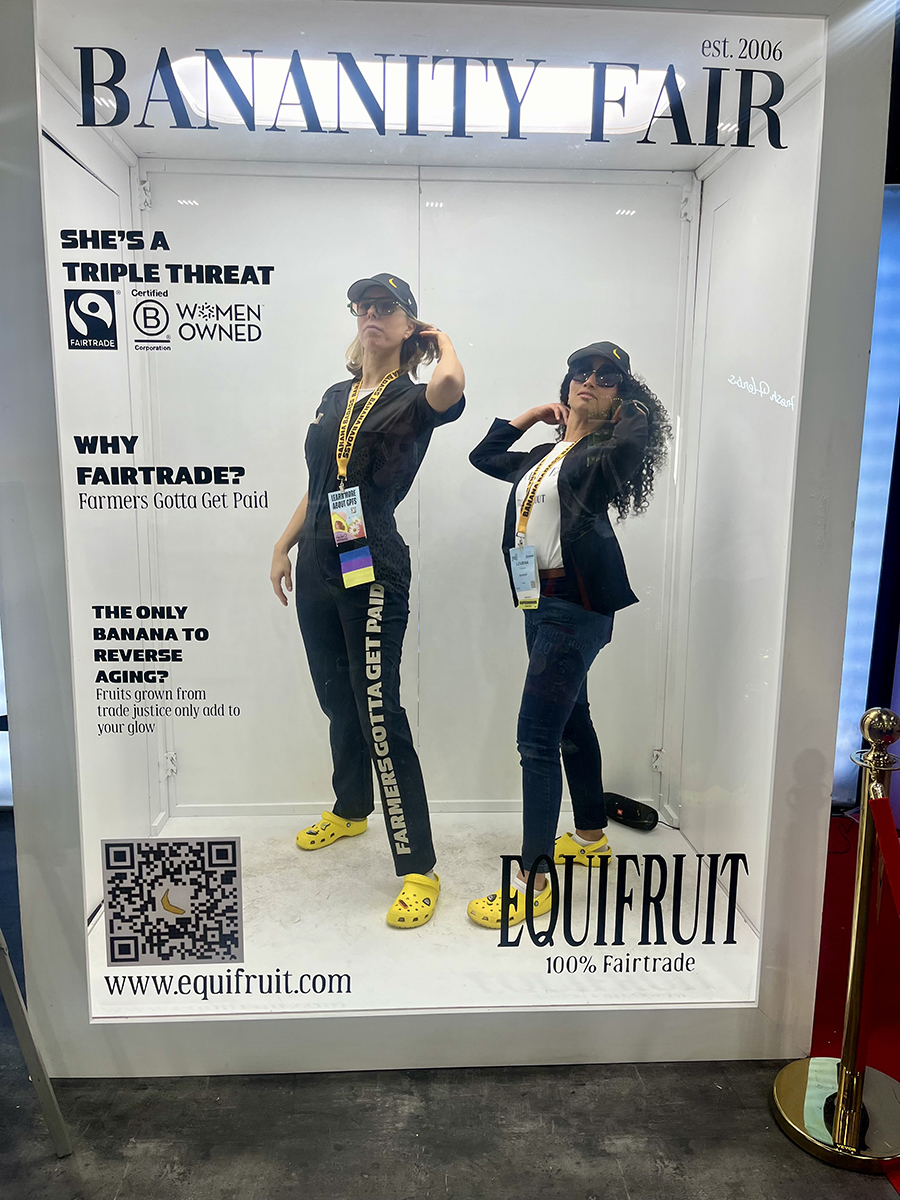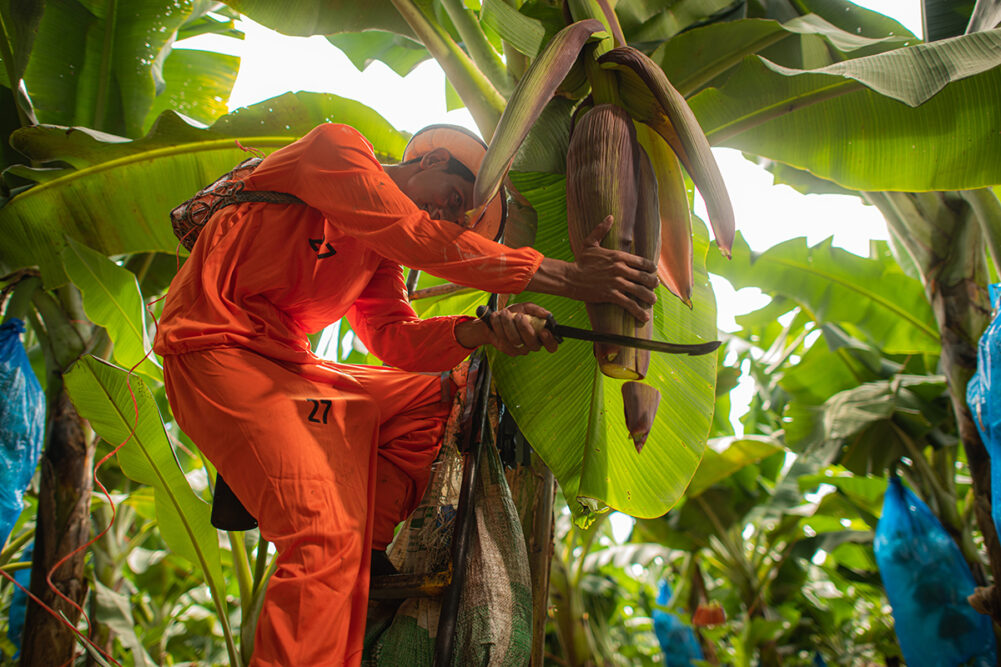In 2024, consumers are more educated than ever on corporate responsibility.
Research across all food categories continues to find that consumers care about where their food comes from, how their food is made, and how the workers throughout the supply chain are treated.
Charlotte, N.C.-based Dole Food Company has recently focused its marketing efforts on organic and Fair Trade produce, specifically targeting Gen Y, Gen Z and Baby Boomer consumers, the company said.
“We successfully predicted the initial demand of organic consumers almost 25 years ago and are anticipating another season of growth from a new generation of shoppers attracted to not only the health advantages but also the distinct environmental benefits associated with organic including soil fertility, enhanced biodiversity and sustainable land management,” said William Goldfield, Dole’s director of corporate communications.
“More than ever, today’s shoppers possess a growing interest in natural foods. They want the brands they buy to align with their values on everything from climate mitigation and social issues to health and wellness, and food security and safety. Expanding our organic and Fair Trade messaging has become essential to engaging the now-sizable percentage of socially and environmentally conscious shoppers who continue to fuel growth in fresh produce — not just in emerging organic markets but nationally and even globally.”
Becoming a ‘Banana Badass’
At the International Fresh Produce Association’s 2024 Global Produce & Floral Show in Atlanta Oct. 17-19, Montreal-based Equifruit set up a red carpet and photo booth that gave attendees an opportunity to be a cover model for “Bananity Fair Magazine.”
 Source: Hayley Hyer / Sosland Publishing Co.
Source: Hayley Hyer / Sosland Publishing Co.Kim Chackal, co-founder and vice president of sales and marketing at Equifruit, explained that the company is a “triple threat” as it is certified Fair Trade, certified B Corp and women-owned. The life-size magazine cover that people could pose inside of had taglines that said, “Why Fair Trade? Farmers Gotta Get Paid,” and “The only banana to reverse aging? Fruits grown from trade justice only add to your glow.”
Equifruit takes a light and fun approach to spreading awareness of farmer work conditions by making caring look cool and granting anyone who buys Fair Trade bananas the title of “Banana Badass.”
“Banana farmers haven’t had a fair shake for the last century,” Chackal said at the IFPA show.
Equifruit’s goal is to not only educate consumers on the history of banana farms but to also advocate for the rights of farmers by showing retailers that consumers are willing, and even eager, to spend a few more cents on a better banana.
“Consumers do not buy bananas based on price,” Chackal said. “Consumers buy bananas based on color. By managing color properly and offering a story, you don’t have to stick to loss leader banana strategy anymore.”
Chackal added that for the average banana consumer, buying Fair Trade would only cost them $5 more over an entire year.
This article is an excerpt from the November 2024 issue of Supermarket Perimeter. You can read the entire Corporate Responsibility feature and more in the digital edition here.

